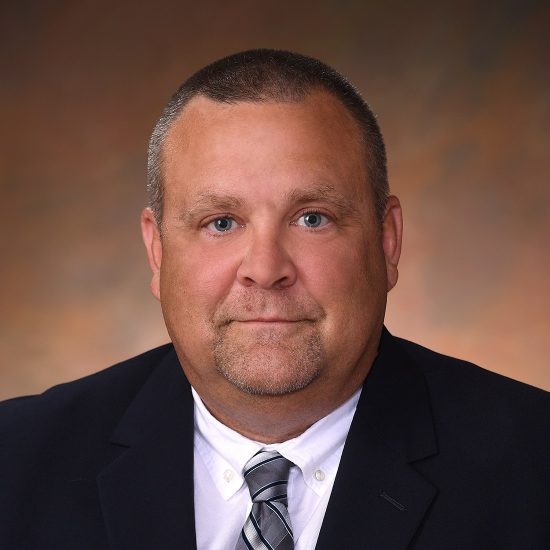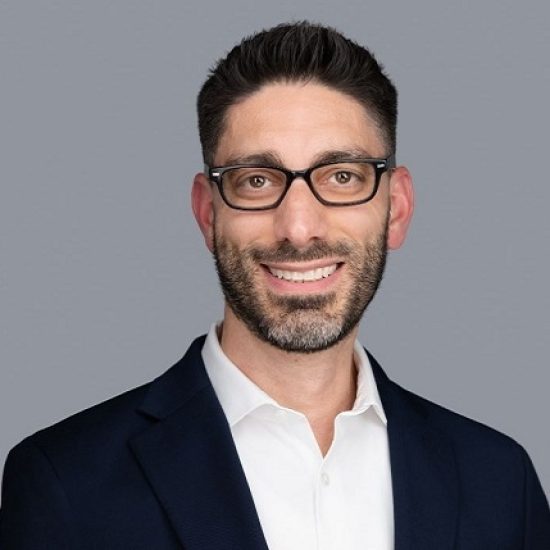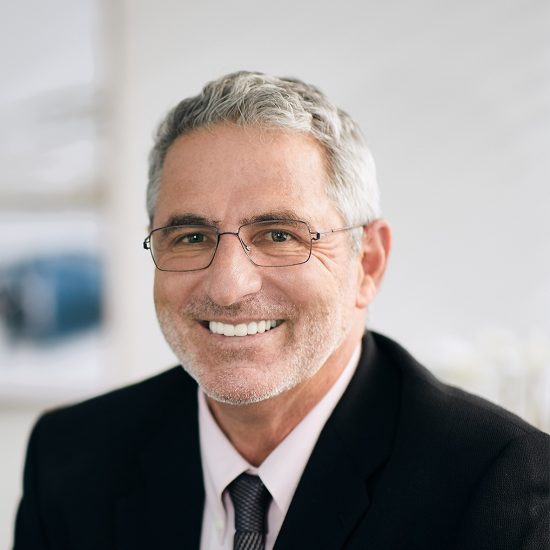Monarch Program
Program Highlights
We designed the Monarch Program for patients needing advanced individualized care.
We have used our nearly 70 years of experience to create Monarch—a Signature program focused on unparalleled levels of care for those with substance use disorder and complex medical issues.
We understand that having both an addiction and medical needs can feel like an impossible cycle to break. One problem feeds the other, making life seem hopeless. Monarch combines the very best in precision substance use treatment with highly individualized medical care, all administered within the superb surroundings that define Caron.
Advanced Individualized Care
Whether you are a young, middle-aged, or older adult, Monarch offers a completely personalized approach to your care. We offer daily meetings with members of our specialist team, tailored modalities based on your requirements, and brain health therapies and assessments that help you see your brain’s return to health.
World-Class, Physician-Led Care
Monarch guarantees you will have the best physical surroundings and specialist care all within one setting. Our health professionals are at your call 24/7, every day of the year, and your personal physician meets with you on a regular basis, even daily if required.
Your Recovery, Our Focus
Every one of our residential rooms is luxuriously appointed to ensure that you can focus on your recovery. Monarch also incorporates mobility solutions such as accessibility tools, safety design features, massage, and in-house chronic pain experts.
Options for Older Adults
Our Monarch Program recognizes that older adults present more frequently with demanding medical needs. If you are an older adult, you will find everything you need within Monarch to address your individualized care needs, essentially combining the best of a nursing home with an addiction treatment center.
Your Family and Friends
At Caron, we want your loved ones to rest assured that you are in the best hands. We want your support network to feel as much at home as you do, which is why our family support includes:
- A family program that provides education on substance use, communication challenges, and medical disorders
- Services for families with support and information about substance use before, during a loved one’s treatment, or after, ranging from podcasts, videos, and an online course to events and support groups
- Age-specific education and counseling for youth ages 7-17 through the Youth Education Program
Sustained, Successful Recovery
We are proud of our best-in-class recovery rates, and we know successful recovery is sustained recovery. This is why we allow for longer lengths of stay at Monarch.
Your Tailored Care Plan
Monarch is your tailored care plan delivered at your pace. Combining substance use treatment with care for your physical needs, Monarch’s unique approach is only available from Caron.
With individualized, intensive supervision focused on your recovery, Monarch ensures that our whole team supports you, putting you at the center of our attention.
Continuing Care
The health professionals who oversaw your treatment will create a personalized continuing care plan with tools and recommendations for recovery that includes Caron’s hallmark recovery support. That support includes:
- A personalized continuing care plan to support you in sustaining long-term recovery
- Alumni support activities
- Recovery services, including My Recovery Connection and support groups (Requires an additional cost)
- Breakthrough workshops (Requires an additional cost)
- Caron's outpatient treatment centers and regional recovery center for treatment and recovery support services
Specialized Services
For Chronic Pain
- Education and pain management counseling
- Medication management
- Mobility accommodation
- Holistic therapies
- Specialized treatments
- Treatment based on gambling as a disorder, rather than a moral failing
- Group therapy
- Process group
- 12-step group
- Educational presentations
For Patients in the Legal Profession
- Individual and group meetings with the legal services coordinator to discuss concerns, including return to work or school
- A safe and affirming environment
- Pennsylvania clinicians certified as LGBTQIA+ affirmative and informed by the International Institute for Trauma and Addiction Professionals
- LGBTQIA+-specific groups
- Individual counseling
- Groups dedicated to spiritual topics
- Meditation
- Educational presentations
Warning: Falls in Older Adults May Be a Sign of Addiction
Read Our BlogOur staff specializes in treating addiction and dealing with complex medical challenges and the needs of older adults.
Take the next step:
Start with an online form
-
Caron in Pennsylvania
1-800-854-6023 -
Caron in Florida
1-800-221-6500 -
Breakthrough at Caron
1-800-213-7834

























